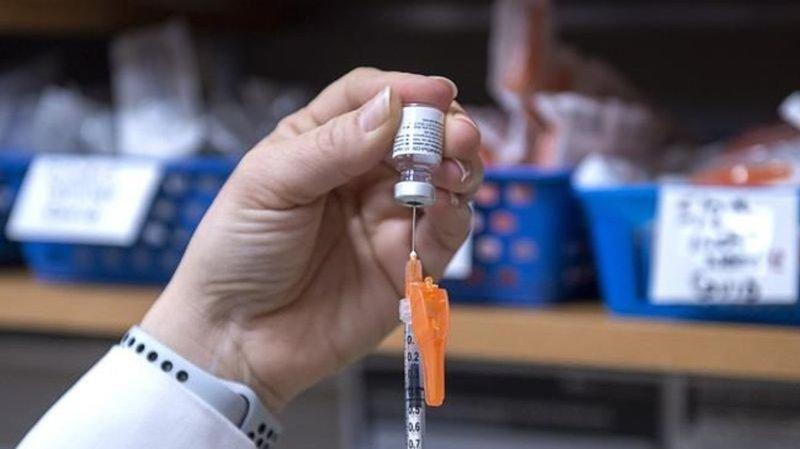People who have received the Pfizer COVID-19 vaccine are “likely” to need a third dose sometime within a year after being fully vaccinated.
“A likely scenario is that there will be likely a need for a third dose, somewhere between six and 12 months and then from there, there will be an annual revaccination,” CEO Albert Bourla said during an online event on April 15.





